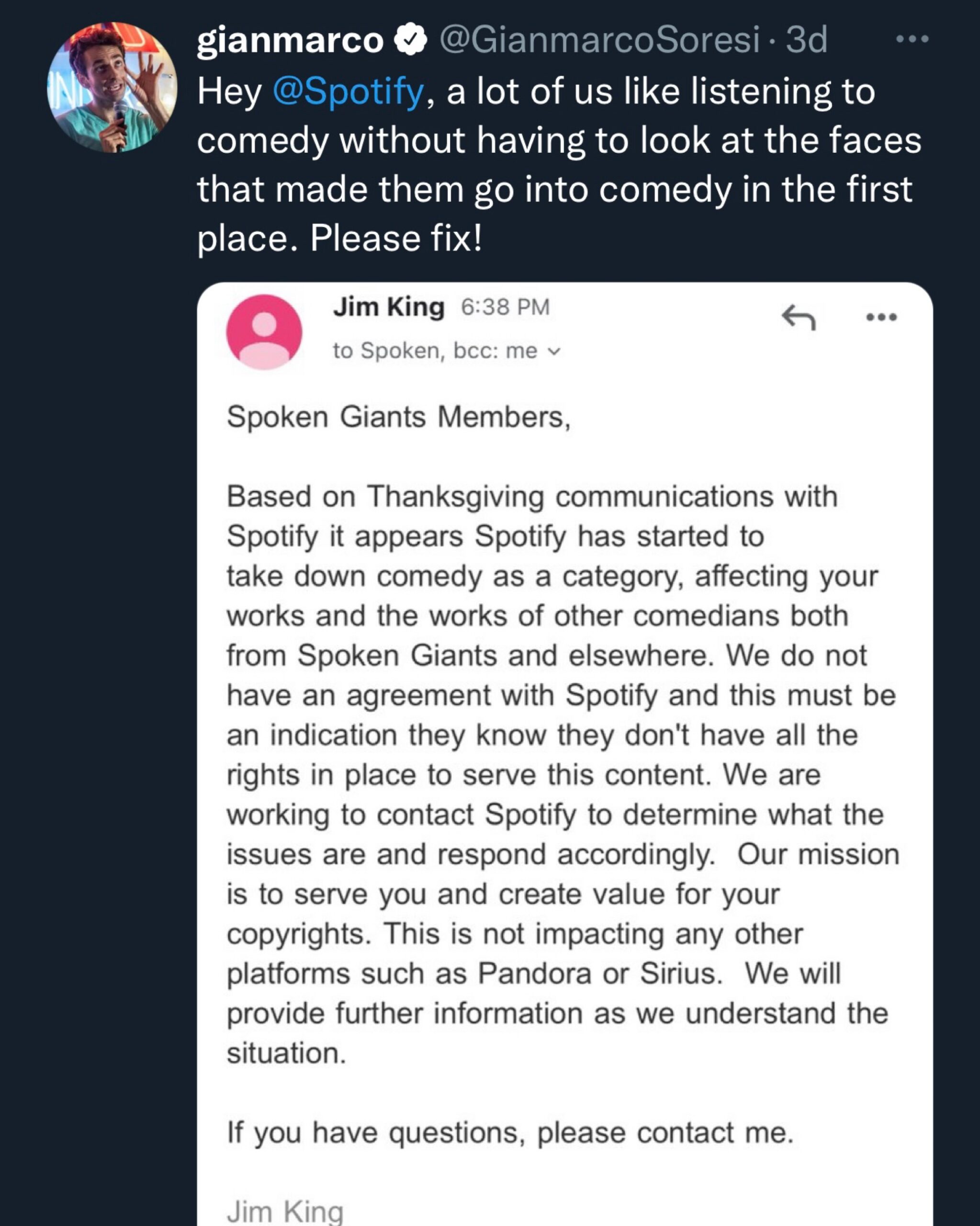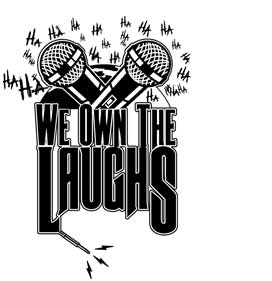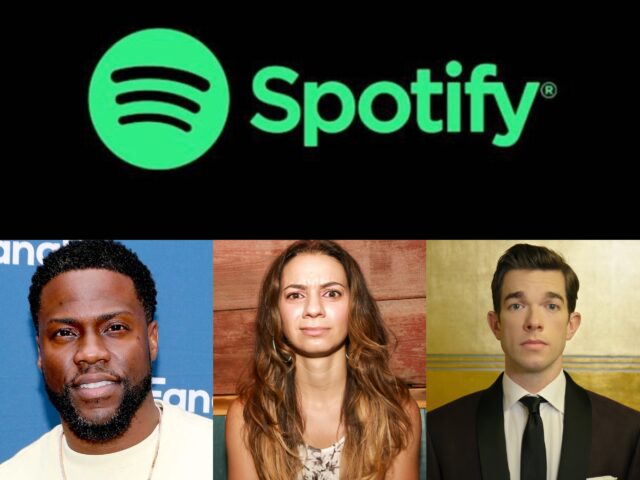In 1991, rap group A Tribe Called Quest would release a single entitled Show Business, where the group would detail how untrustworthy the entertainment business could be. 30 years later, the business practices of the entertainment industry could arguably be regarded as the worst in history with comedic creativity suffering greatly from it.
During the Thanksgiving Day break, Spotify would make some major changes to its comedy department by removing a number of stand-up comedians albums and material from their streaming platform. This is due in large part to a number of comedians taking to social media to voice their complaints about the company’s artist’s literary copyright royalty policies. This would affect many notable comedians including Kevin Hart, Jim Gaffigan, John Mulaney, Dave Attell, Liz Miele, Mike Birbiglia, Chad Daniels, Tom Segura, and Kyle Kinane. Comedians are stating that when their publishing companies approached Spotify in regards to artists’ royalties, Spotify decided it was easier to remove the albums in question rather than pay comedians what they are legally owed. Similar to musicians, comedians are owed artist revenue when their material is played on any radio station or streaming platform.

During the weekend, comedian Gianmarco Soresi shared an email that Spoken Giants CEO Jim King sent to all comedians the agency represented. Spoken Giants is an administration company that handles publishing royalties for comedians, the first of its kind. The company has a roster of comedians such as Patton Oswalt, Lewis Black, Jeff Foxworthy, Tom Segura, Gabriel Iglesias, Elayne Boosler, Roy Wood Jr., Mike Birbiglia, Kathleen Madigan, and the estates of Bob Hope, Lucille Ball, Don Rickles, and Ralphie May.

For the past decade, video and audio streaming services have been in a constant battle with stand-up comedians regarding steaming revenue. This is highlighted by Dave Chappelle calling for a boycott of the streaming service Netflix for never receiving royalties for his work on The Chappelle Show, which at the time was one of the most-streamed series on the streaming service. The situation would be resolved with Chappelle receiving payment for his owed royalties.
Spotify has yet to issue a response to these allegations with the story still developing.





